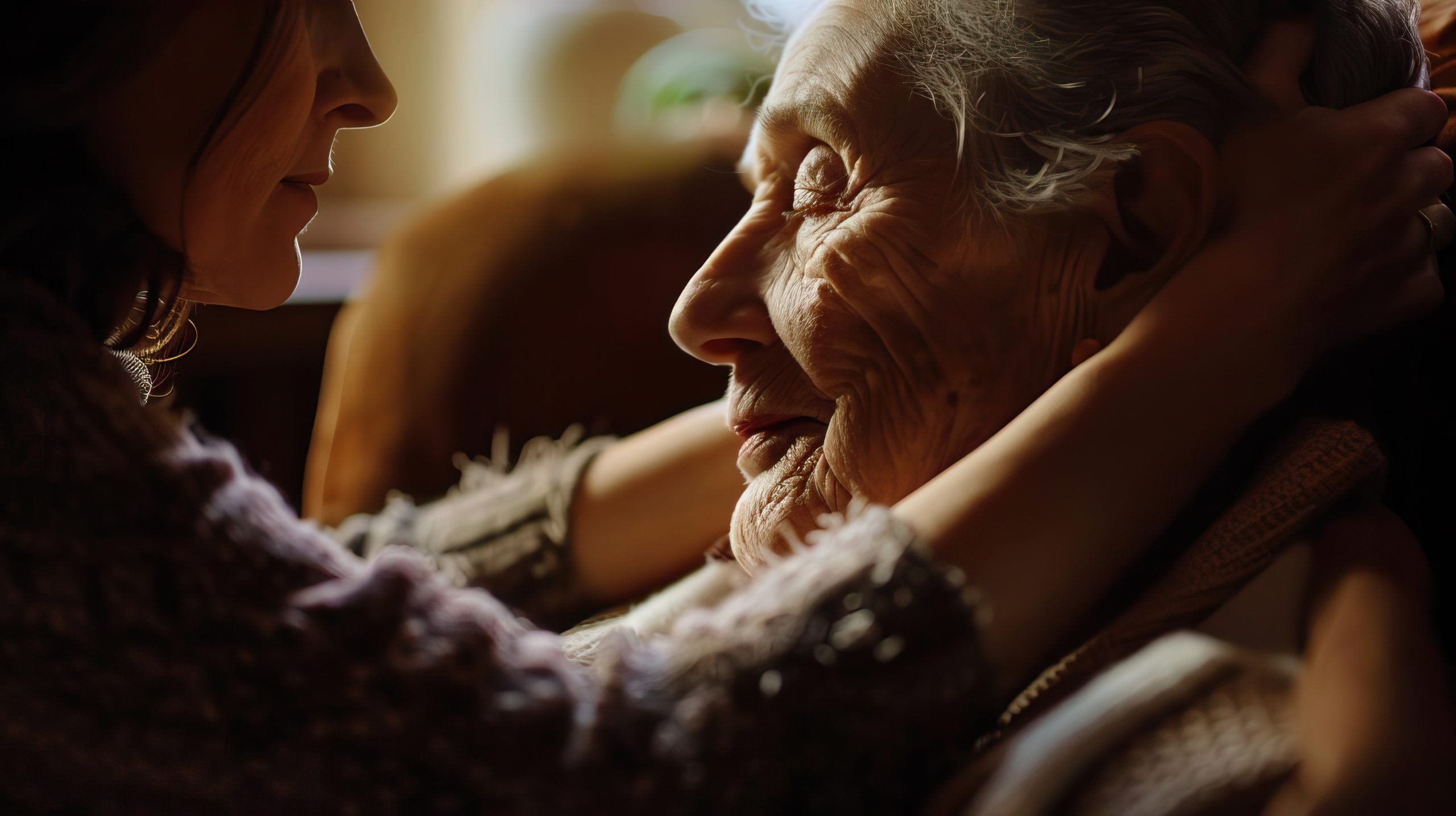For those who find themselves in the position of being a full-time caregiver, it is not uncommon to become so overwhelmed by your responsibilities that you begin to neglect yourself. This often leads to exhaustion, stress, weight gain or weight loss, and even illness. When you begin to neglect yourself, the quality of care that you can offer to your loved one also suffers. That is why it’s so important to take some time for serious self-care along the way. Here are a few tips to better take care of yourself this year.
Don’t Neglect Your Health
The first, and perhaps hardest, part of self-care is admitting when you are under the weather yourself, and allowing yourself to stay in bed when you are sick. If you continue caring for other people and don’t give your body time to recover, you will likely stay sick longer or cause your patient to get sick as well. This only complicates matters, so do yourself a favor and be honest when you need a sick day.
Make Time for You
Whether it’s going to the gym or going to get your hair and nails done, the important thing is that you make the appointment and stick to it. Too often caregivers put off the little things, thinking they’ll get around to them at some later point. Make yourself a promise that you will take that hour or two and give yourself a real break without feeling guilty. You’ve earned it.
Ask for Help
When was the last time you asked for help and then actually trusted the other person to get the job done? Caregivers tend to fall into routines with their patients, and outside help can feel like an encroachment on the system that you’ve worked so hard to build. Try taking a deep breath and letting someone else handle a few of the simple tasks you normally manage, even if they don’t do it exactly the way you would. Learn to feel comfortable with receiving help.
Call in a Professional
If you’ve been a caregiver for an extended period of time, you may be due for a serious vacation. Fortunately, professional respite care is available so that you can get away without feeling guilty. Respite care is usually covered under your usual hospice benefits, and it utilizes highly skilled nurses and staff who have experience with home healthcare to take over your duties while you take a few days for yourself.
With these self-care tips you can start to regain your connection with yourself, and get a better handle on the stresses that come with caregiving. Start with the most crucial needs, like medical appointments and sick days, and work towards gaining independence with the help of other people so that you can enjoy a little bit of down time for your own good. Wings of Hope offers comprehensive respite care services for caregivers who need a break. Contact us today to learn more.





